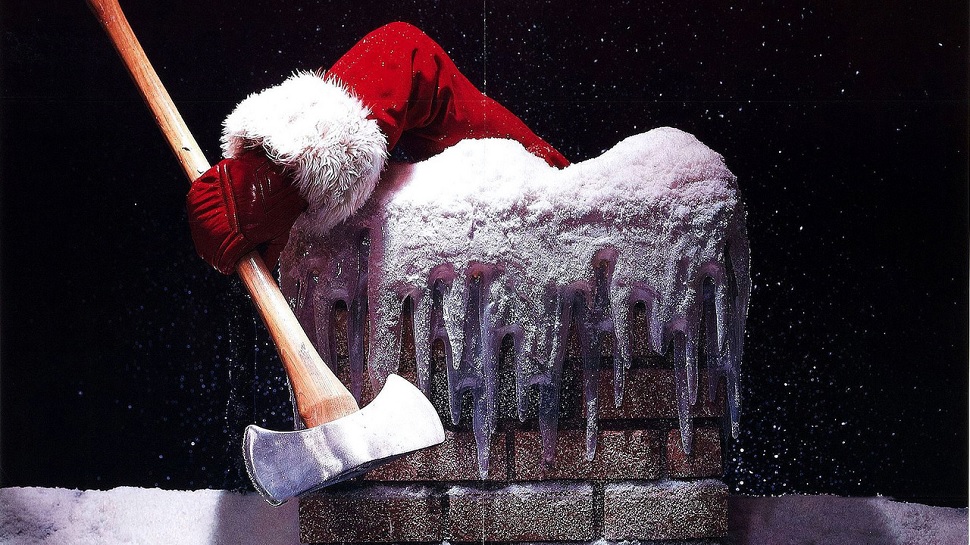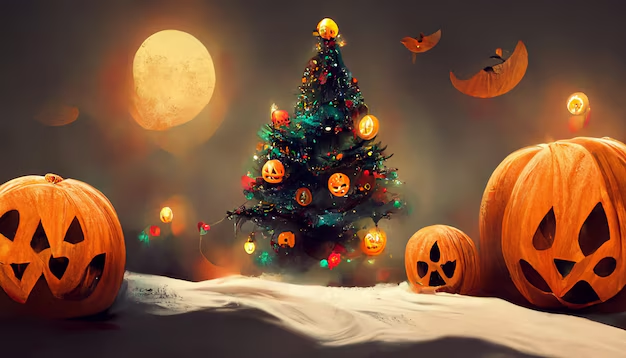| CHRISTMAS | |||
|---|---|---|---|
|
Christmas is an annual festival commemorating the birth of Jesus Christ, observed primarily on December 25 as a religious and cultural celebration among billions of people around the world. A feast central to the liturgical year in Christianity, it follows the season of Advent (which begins four Sundays before) or the Nativity Fast, and initiates the season of Christmastide, which historically in the West lasts twelve days and culminates on Twelfth Night. Christmas Day is a public holiday in many countries,is celebrated religiously by a majority of Christians, as well as culturally by many non-Christians, and forms an integral part of the holiday season surrounding it. The traditional Christmas narrative recounted in the New Testament, known as the Nativity of Jesus, says that Jesus was born in Bethlehem, in accordance with messianic prophecies. When Joseph and Mary arrived in the city, the inn had no room, and so they were offered a stable where the Christ Child was soon born, with angels proclaiming this news to shepherds, who then spread the word. There are different hypotheses regarding the date of Jesus's birth, and in the early fourth century, the church fixed the date as December 25. This corresponds to the traditional date of the winter solstice on the Roman calendar. It is exactly nine months after Annunciation on March 25, also the date of the spring equinox. Most Christians celebrate on December 25 in the Gregorian calendar, which has been adopted almost universally in the civil December 25 of the older Julian calendar, which currently corresponds to January 7 in the Gregorian calendar. For Christians, believing that God came into the world in the form of man to atone for the sins of humanity rather than calendars used in countries throughout the world. However, part of the Eastern Christian Churches celebrate Christmas on knowing Jesus's exact birth date is considered to be the primary purpose of celebrating Christmas. |
 |
||
|
THE EARLIEST JINGLE BELLS
In the 2nd century, the "earliest church records" indicate that "Christians were remembering and celebrating the birth of the Lord", an "observance sprang up organically from the authentic devotion of ordinary believers"; although "they did not agree upon a set date". The earliest evidence of Christ's birth being marked on December 25 is a sentence in the Chronograph of 354.Liturgical historians generally agree that this part of the text was written in Rome in AD 336. Though Christmas did not appear on the lists of festivals given by the early Christian writers Irenaeus and Tertullian, the early Church Fathers John Chrysostom, Augustine of Hippo, and Jerome attested to December 25 as the date of Christmas toward the end of the fourth century. December 25 was the traditional date of the winter solstice in the Roman Empire, where most Christians lived, and the Roman festival Dies Natalis Solis Invicti (birthday of Sol Invictus, the 'Invincible Sun') had been held on this date since 274 AD. In the East, the birth of Jesus was celebrated in connection with the Epiphany on January 6.This holiday was not primarily about Christ's birth, but rather his baptism. Christmas was promoted in the East as part of the revival of Orthodox Christianity that followed the death of the pro-Arian Emperor Valens at the Battle of Adrianople in 378. The feast was introduced in Constantinople in 379, in Antioch by John Chrysostom towards the end of the fourth century, probably in 388, and in Alexandria in the following century. The Georgian Iadgari demonstrates that Christmas was celebrated in Jerusalem by the sixth century. LET THE MERRY BELLS RING!! Christmas Day is celebrated as a major festival and public holiday in countries around the world, including many whose populations are mostly non-Christian. In some non-Christian areas, periods of former colonial rule introduced the celebration (e.g. Hong Kong); in others, Christian minorities or foreign cultural influences have led populations to observe the holiday. Countries such as Japan, where Christmas is popular despite there being only a small number of Christians, have adopted many of the cultural aspects of Christmas, such as gift-giving, decorations, and Christmas trees. A similar example is in Turkey, being Muslim-majority and with a small number of Christians, where Christmas trees and decorations tend to line public streets during the festival. Many popular customs associated with Christmas developed independently of the commemoration of Jesus's birth, with some claiming that certain elements are Christianized and have origins in pre-Christian festivals that were celebrated by pagan populations who were later converted to Christianity; other scholars reject these claims and affirm that Christmas customs largely developed in a Christian context.The prevailing atmosphere of Christmas has also continually evolved since the holiday's inception, ranging from a sometimes raucous, drunken, carnival-like state in the Middle Ages, to a tamer family-oriented and children-centered theme introduced in a 19th-century transformation.[90][91] The celebration of Christmas was banned on more than one occasion within certain groups, such as the Puritans and Jehovah's Witnesses (who do not celebrate birthdays in general), due to concerns that it was too unbiblical. Prior to and through the early Christian centuries, winter festivals were the most popular of the year in many European pagan cultures. Reasons included the fact that less agricultural work needed to be done during the winter, as well as an expectation of better weather as spring approached. Celtic winter herbs such as mistletoe and ivy, and the custom of kissing under a mistletoe, are common in modern Christmas celebrations in the English-speaking countries. |
|||
 |
 |
 |
 |
| HOME | |||